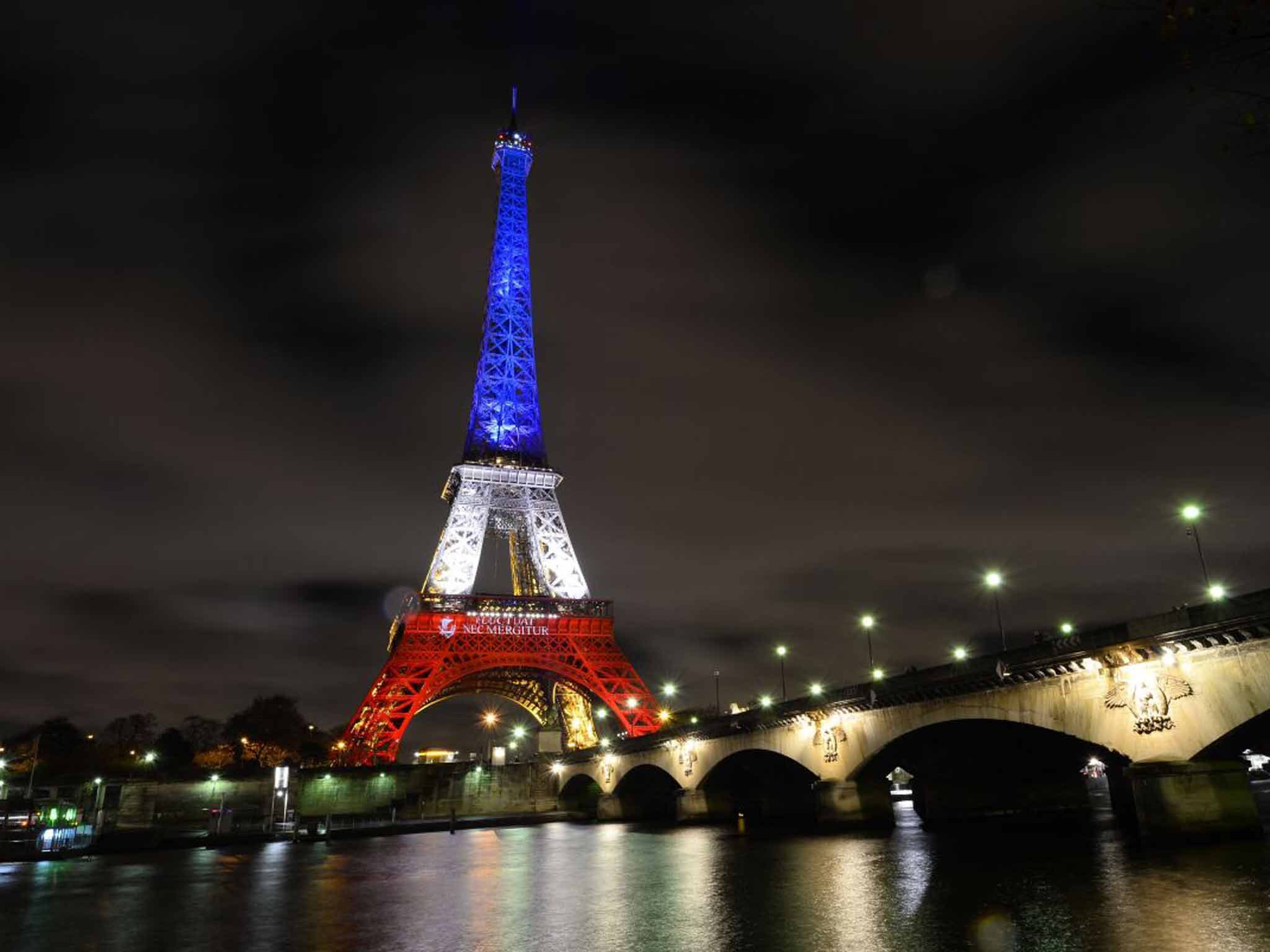Despite the terror attacks on Paris we are safer travelling now than ever before
The man who pays his way

Until dawn on 31 October, for some travellers the main anxiety attached to a trip abroad was knowing how much to tip the restaurant waiter. On that fateful Saturday, though, the dangers that travellers face were brought into shocking focus when 224 people died on a flight from Sharm el-Sheikh to St Petersburg. The Russian government says it was downed in the Sinai desert by a bomb, probably planted at Sharm el-Sheikh airport; the British authorities concur, and have banned flights by UK airlines to the Egyptian resort until security improves.
On 13 November, a further 129 innocent people were murdered in Paris. Young men whose hearts and minds were full of hatred for humanity exploited the openness and tolerance of the City of Light. As the victims' loved ones grieve, the repercussions have rumbled through the travel industry. On that first awful night, flights from the US to the French capital were cancelled or turned back. By Saturday morning, President François Hollande had declared France was at war. The main museums, monuments and attractions in Paris were closed.
Across at Gatwick airport, an apparently disturbed Frenchman who turned up with an air rifle and a knife led to the lockdown of North Terminal for six hours; Sussex Police said the events in France created heightened sensitivity. Tens of thousands of passengers were delayed, many of them overnight.
On Tuesday morning, it was almost a relief for good, old-fashioned disruption to return, in the shape of a few dozen cancellations at Heathrow due to high winds. But by evening, the susceptibility of daily life to fear of terrorism was evident: bomb threats caused the cancellation of an international football match in Hanover, and the diversion of a pair of Air France jets flying from Los Angeles and Washington DC to Paris. The Foreign Office advised British schools planning trips to France to cancel them. And Wednesday morning dawned with a shoot-out in the Saint-Denis suburb of the French capital.
The question of travel
Dozens of concerned readers have got in touch about a world that looks much more bleak than it did three weeks ago. The typical question goes like this: “I'm really worried about world events and I don't want to put my family at risk by going on holiday. What can I do?”
I empathise with anyone reading The Independent and concluding that the world is a more dangerous place. But I also look dispassionately at the risks facing UK travellers. Just consider one element of many journeys: flying.
With the disappearance of MH370, the shooting down of MH17 and the AirAsia jet that crashed in the Java Sea, wasn't 2014 the worst year ever for aviation? In fact, it was the safest.
This week, Tony Tyler, the director-general of IATA, said: “Safety is our top priority and aviation's greatest success story. Last year was the best performance in history, with just one major accident for every 4.4 million flights.”
Paris will smile again
In Britain, the record is even better. For the past 25 years, the fatal accident rate for UK passenger jets has been zero. The democratisation of flying by the budget airlines has helped make travellers safer, too. Twenty years ago, many holidaymakers from Britain drove to Spain or Italy because flights were too expensive. Cheap air travel has eliminated the exposure to risk that 1,500 miles of motoring through France entails.
Compared with 20 years ago, the number of British holidaymakers who sadly die abroad has remained roughly constant – yet the number travelling abroad has risen by 60 per cent. Without diminishing the human tragedies of the past three weeks, we are safer than at any time in history. What has changed is our perception of danger, and the heightened awareness that a tiny minority of people are intent on random murder.
Don't be intimidated. Don't live in fear. Joie de vivre will return to Paris, and so must we.
Join our commenting forum
Join thought-provoking conversations, follow other Independent readers and see their replies
Comments
Bookmark popover
Removed from bookmarks